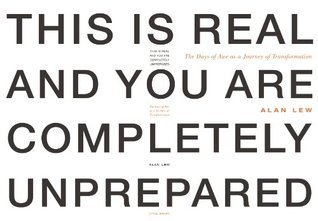What do you think?
Rate this book


298 pages, ebook
First published January 1, 2003
It is your life's work to turn evil into good. It is your life's work to find the white dots buried within the blackness -- and the melody these dots make. This is the melody you were born to dance to. This is the background music for the real life you are living. Listen to it.
What was wrong with my father, for example, was that he couldn't play basketball. He was a poor working stiff, an immigrant without the American graces, and while this may not have been a sin of the magnitude of meanness or infidelity, it was a weakness, and my father did not forgive himself for weaknesses easily. But what was right with him was that he loved his son so much that he managed not to care about this one. He was even willing to forgive himself for his son's sake, and that is the most difficult thing a person can do. It's impossible, in fact, without the help of heaven. I can see him now, in the throes of self-forgiveness, pushing that ball toward the basket, eyes wild and shining, mouth like a fish's, arms akimbo, a foolish grin on his face, dancing with happy abandon between heaven and earth. (P. 136 in the paperback; my italics)
...my children now have risen up in the world. What kind of world will they live in? I worry about these things, and meanwhile, I have already begun to fall away myself, although I still rage on, making long speeches and writing, writing, furiously writing (p. 187).